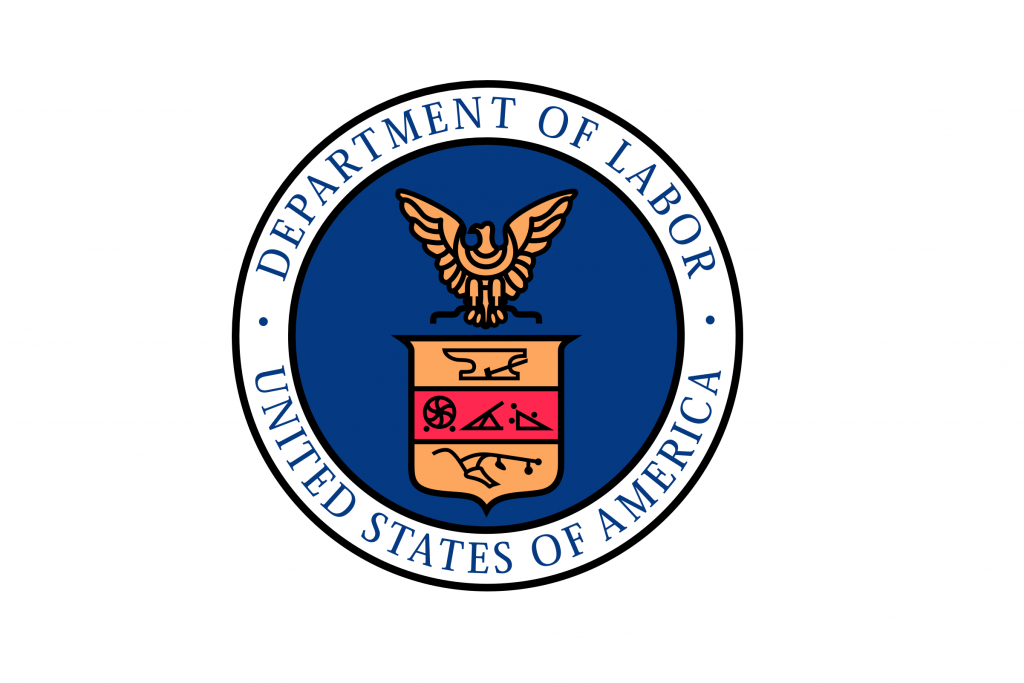Federal Agencies to Re-Examine Joint Employer and Independent Contractor Standards

The United States Department of Labor (DOL) and the National Labor Relations Board (NLRB) have just announced significant changes to current regulations with respect to their standards for joint employers and independent contractors. Specifically, the DOL has rescinded its proposed regulations for a new joint-employer rule from the previous administration. The NLRB has announced it plans to reexamine its joint-employer standard.
The current standard requires that an entity have “direct and immediate control” over employee terms and conditions of work in order to be considered a joint employer. It is most likely that the NLRB will return to the Obama Administration standard- an entity that exercises only indirect control over another employee can be considered a joint employer. This will allow more employers to, in fact, be considered joint employers.
Similar changes are in store for the independent contractor standard. The DOL has already rescinded its proposed regulations for a new independent contractor standard from the previous administration but has not determined whether it will make a new rule just yet. The NLRB, on the other hand, will address this issue soon.
Employers should be mindful of how these developments and potential changes in existing standards may impact their workforce. There are many consequences of this change for small businesses. Notably, if one entity jointly employs the employees of another, they could face liability for violations of the National Labor Relations Act (NLRA) and the Fair Labor Standards Act (FLSA).
If your business has any questions about this topic, or any other general employment issues, please do not hesitate to contact the attorneys at The Royal Law Firm at 413-586-2288.







